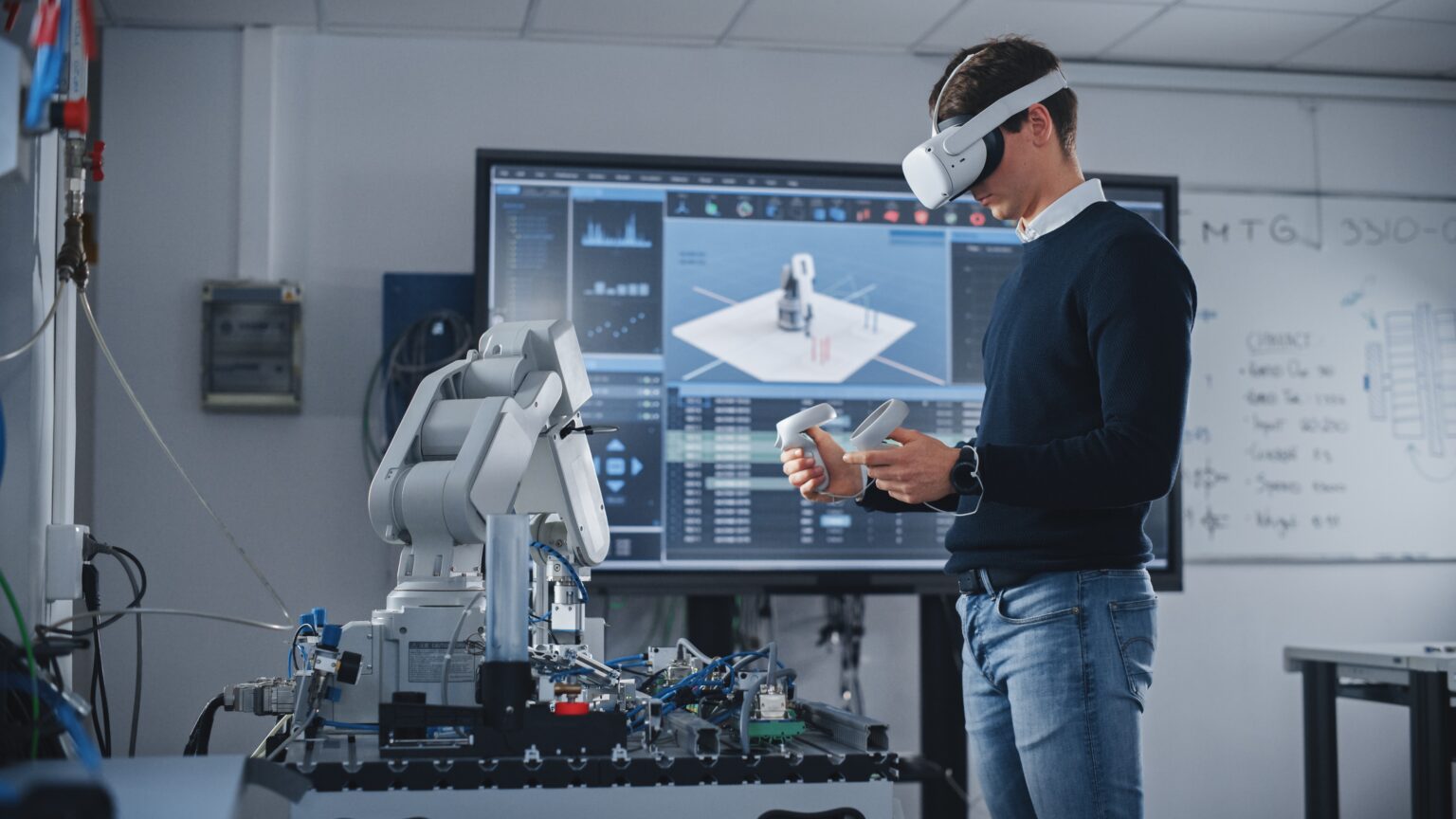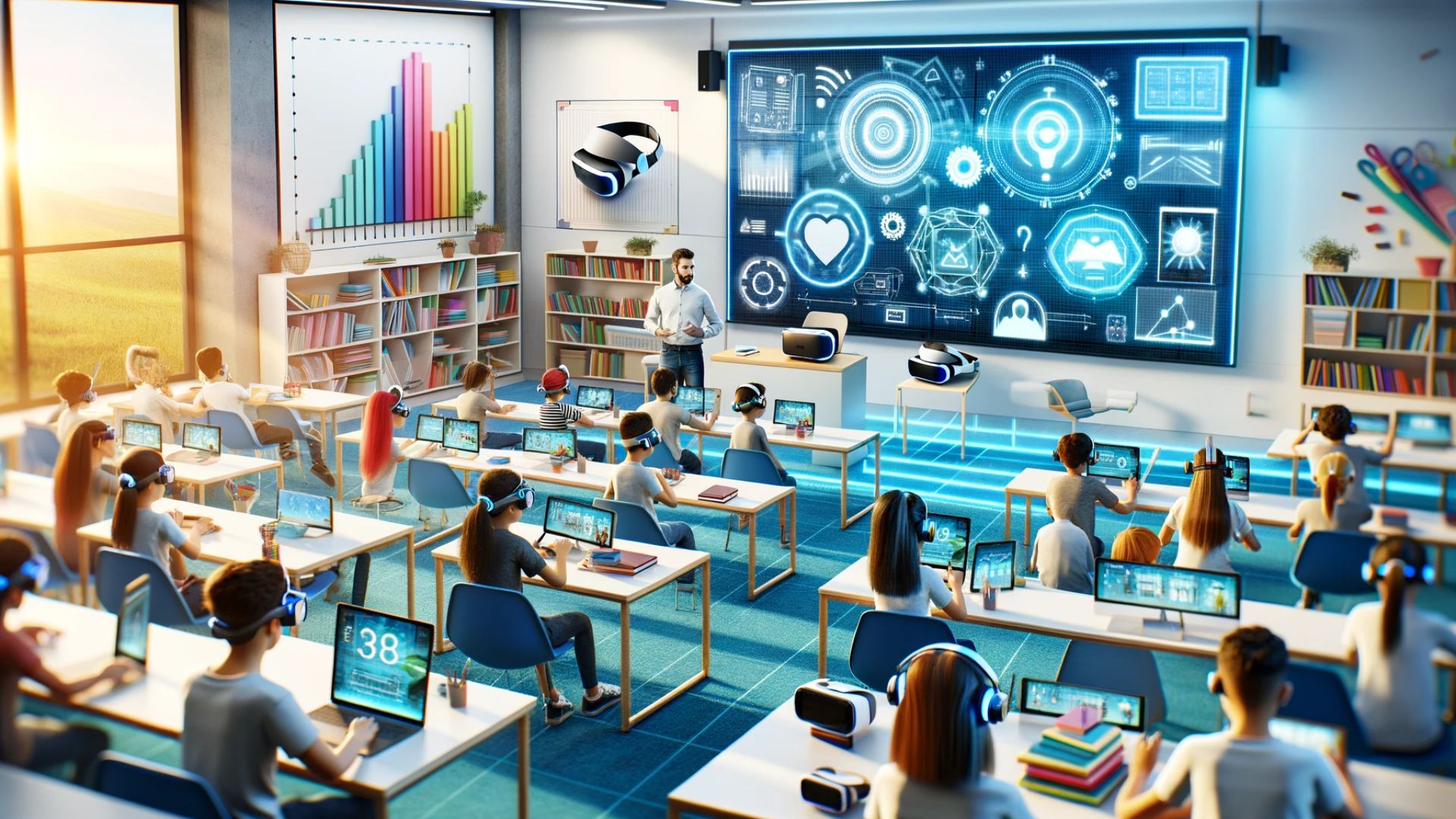“For the things we have to learn before we can do them, we learn by doing them.” – Aristotle
For many years, educational institutions have delivered knowledge and skills to their students mainly through textbooks and other learning materials. These “traditional” forms of learning have dominated the education system from the time of the modern industrial revolution.
Today, educational institutions are looking for innovative methods to boost knowledge transfer. What is driving this change? Today’s students expect to have up to 5 careers over their professional lifetime. It’s believed that young students learn the best from hands-on experience.
This is the promise of the new model of learning – Experiential Education. What is experiential education, and why are leading institutions adopting this model? Let’s discuss this.
What Is Experiential Education?
Introduced by theorist David Kolb in 1984, experiential education is an innovative form of learning based on experimentation, action, and personal reflection. Experiential education revolves around four key principles, namely:
- Practical (or hands-on) experience
- Personal reflection and observation
- Abstract concepts based on reflection and observation
- Testing the new concepts
As compared to traditional learning methods, experiential learning offers a more immersive and active approach toward student learning across all disciplines and ages. In his theory on experiential learning, David Kolb defines this form of learning as “the process whereby knowledge is created through the transformation of experience.” Further, he adds that “knowledge results from the combination of grasping and transforming experience.”
Based on this philosophy, experiential learning comprises four stages as follows:
1. Concrete Experience
At this stage, students learn from their practical or hands-on experience. Students learn from their successful or unsuccessful experiences – and try innovative solutions to overcome this challenge.
2. Reflective Observation
This is the second stage, where students learn from their real-life experiences. They begin to reflect on their experiences, including their actions and feelings. They also reflect on how they can improve their response and how to respond differently to any experience.
3. Abstract Conceptualisation
In the third stage of experiential learning, students understand practical experiences differently – and decide how to respond differently if faced with the same experience.
4. Active Experimentation
In the final stage, students experiment with fresh ideas in response to any experience. They also actively test their innovative ideas in the real world.
Why is experiential learning important in the education domain? Let’s discuss that next.
Why Is Experiential Education Important?
With experiential education, students can learn important concepts through action. Through hands-on practical experience and reflection, they can connect learned concepts and knowledge from the classroom to the real world.
What are the benefits of experiential learning? This form of learning enables students to learn academically – as well as socially and emotionally, which are important to deal with various complexities in the real world. Students learn to discover solutions to problems on their own instead of relying completely on educational courses and learning material.
Additionally, students can develop their non-academic interpersonal skills through close observation and practice. Some of these skills include:
- Effective communication
- Proactive conflict resolution
- Negotiating and networking skills
- Active listening and diplomacy-related skills
- Creative and critical thinking
Here are some of the benefits of experiential learning in the educational domain:
1. Encourages Cooperation Among Students
Among its primary benefits, experiential education encourages students to cooperate. Students can actively seek help from their peers (instead of viewing them as competitors). Through cooperation and participation, students can also learn leadership skills.
2. Learn from Their Mistakes
In the traditional learning mode, students are penalised for making mistakes. On the contrary, experiential learning encourages students to learn from their mistakes.
3. Improves Creativity
With experiential learning, students learn to be open to new ideas and suggestions to solve complex issues. This helps them develop their creativity which is a useful skill in both personal and professional spheres.
How can educational institutes implement experiential learning? Let’s discuss this in the following section.
How Does Experiential Learning Work?
“Leadership, like swimming, cannot be learned by reading about it.” – Henry Mintzberg
Educational institutes now believe in including experiential learning in their classroom-based training. In place of sitting for hours in a classroom training session, students gain direct experience by interacting with industries related to their subject.
Experiential learning is delivered either through hands-on experience or through a virtual environment. For instance, audiovisual (AV) technology can explain a complex topic when the institution cannot arrange for in-person faculty and classroom training sessions.
Audiovisual technology serves as a valuable tool that can augment the student’s classroom training. For instance, instructors can use real-life videos to illustrate concepts along with audio for a complete explanation. Here are some of the AV tools that are fit for use in any classroom:
- AV aids like flipcharts, overhead transparencies, and digital presentations
- Interactive boards
- Documentary videos and images
Additionally, experiential learning is also possible through other avenues, including:
- Fieldwork or an outdoor trip
- Servicing-based learning
- Volunteering at non-profit organisations
- International studies
- Internship programs
Conclusion
Experiential learning (or education) provides an innovative learning method for educational institutes to deliver essential knowledge to their students. In today’s age of online learning, digital AV technologies have an important role in improving the quality of education.
At Resurgent, we realise the immense potential of AV technology in the business and educational domains. Our AV-based communication tools facilitate a human-centric approach to solving complex challenges in the real world. In the education industry, our AV solutions have improved knowledge sharing and boosted interactions between students and their teachers.
Book a free consultation with our experts to learn more about how AV solutions can help drive experiential learning.



